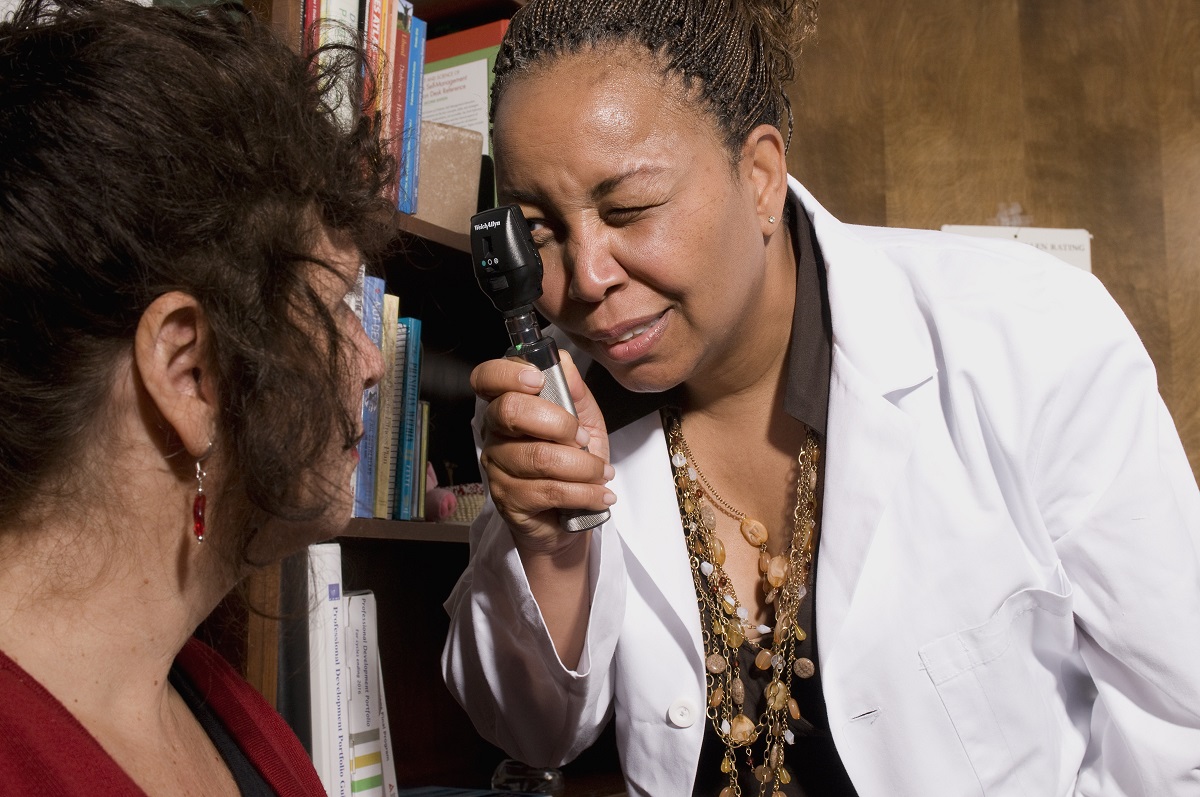3 Myths About Cataracts We Need to Debunk

One of the most frequent eye disorders, cataracts, are more prevalent in those who are over a certain old age. And here’s the thing. It’s a pity that so many misunderstandings and myths regarding cataracts continue to circulate since they cause unneeded stress and confusion. Cataracts affect a large percentage of the population. That’s a true fact, but coming up with false information won’t do any good. Keep in mind that it is necessary to discuss this with an expert in order to have complete medical assistance.
Let’s learn more about cataracts and debunk three of the most common myths.
1. Even if we do cataract surgery at an early stage, the condition might recur
A cataract is a degenerative condition that causes the lens to become opaque. Cataracts can be surgically eliminated and substituted with an artificial lens known as an intraocular lens (IOL). PCO production on intraocular lenses (IOLs) is extremely uncommon but can cause visual impairment; nevertheless, this issue can be remedied with OPD-led treatment. Because of this, cataracts are unable to return once surgery has been performed.
2. Certain eye medications can remove cataracts or prevent their formation
Well, that’s the tricky one because we saw something like that pretty much everywhere. Products claiming to ‘cure’ cataracts by simply using some eye drops are just untrue. Even though some adjustments to one’s lifestyle, such as shielding one’s eyes from ultraviolet (UV) radiation and keeping a healthy diet, may help prevent the formation of cataracts or slow down their growth, the only treatment that is shown to be successful for cataracts is surgery.
In order to properly manage cataracts, it is essential to remember the importance of getting routine eye exams and obtaining treatment from trained specialists as soon as possible.
3. It is possible to avoid getting cataracts
Even though cataracts can’t be completely prevented, there are lifestyle choices that can lessen the likelihood of developing them or put off their start. The following are some examples of these:
- a diet rich in antioxidants
- using eyewear that blocks ultraviolet rays
- stopping the use of tobacco
- addressing the root causes of medical conditions such as diabetes
All of these things, and probably many more, have the potential to make a significant impact on the degree to which one is able to maintain excellent eye health and maybe reduce the likelihood of developing cataracts.
0 comments